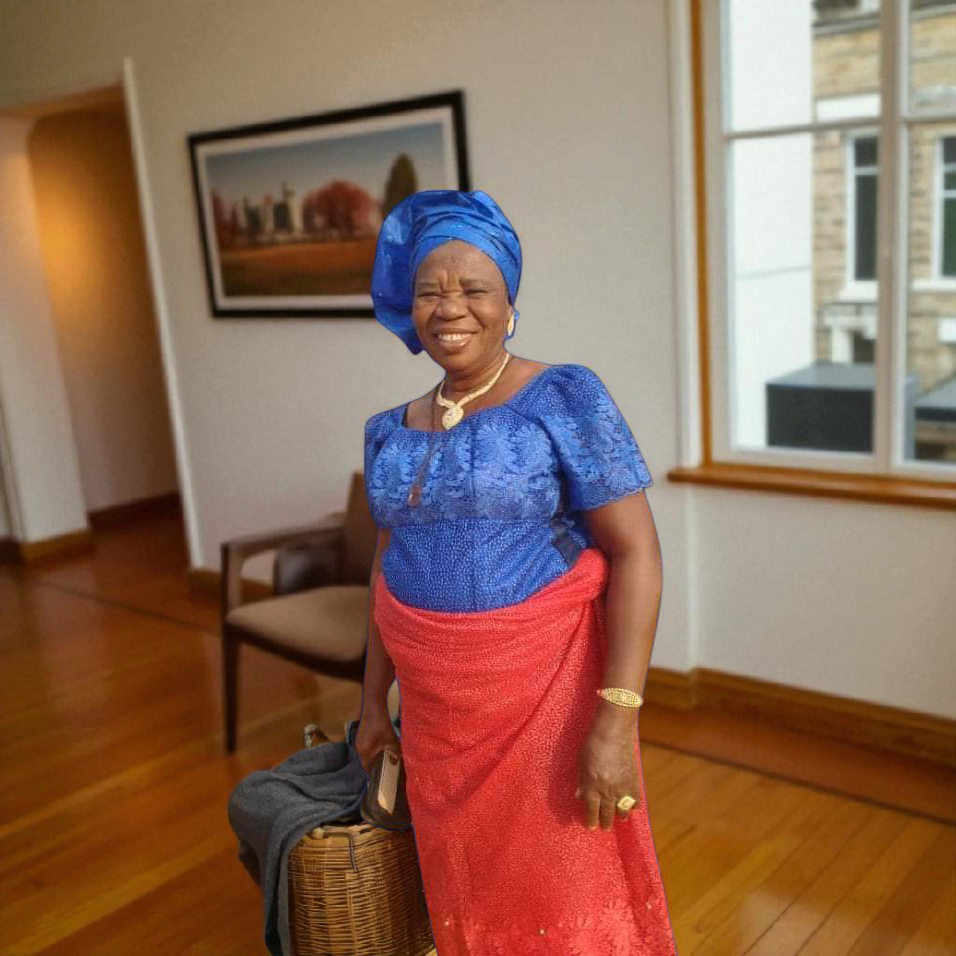Follow for follow guys
Sponsored Advertisements
The impact of Transatlantic trade on African society
Leave a Reply
New Discussions
-
Religious mindset

Engr. Acumen
1 min ago00 -
💚 TONIGHT ON KONNECT: THE REVOLUTION HAS BEGUN 🚀

Angelic Beauty
10 mins ago00 -
PRAYER THAT DESTROYS SATANIC-SPONSORED DREAMS

Michael
14 mins ago00 -
My journey to freelance: "Continuation 9"

Penvibe
29 mins ago00 -
PRAYER THAT DESTROYS REPRODUCTIVE ORGAN DISEASES

Michael
34 mins ago00














Donblessededit
125 days agoThe Impact of the Transatlantic Slave Trade on African Societies
The transatlantic slave trade, which lasted from the 16th to the 19th century, forcibly removed millions of Africans from their homelands. This dark chapter in history had profound effects on African societies.
Many communities were destabilized as young and able-bodied people were captured and sold into slavery. This loss affected local economies, agriculture, and population growth. Traditional leadership structures were often weakened, leading to increased conflicts and insecurity.
The trade also altered social dynamics, with some groups gaining power by participating as middlemen, while others suffered devastating losses. Cultural practices were disrupted, and the psychological trauma lasted generations.
Globally, the wealth generated fueled the growth of European economies and the development of the Americas. The legacy of the slave trade still influences economic and social conditions in Africa today.
Understanding this history is key to appreciating current challenges and working towards a more just future.